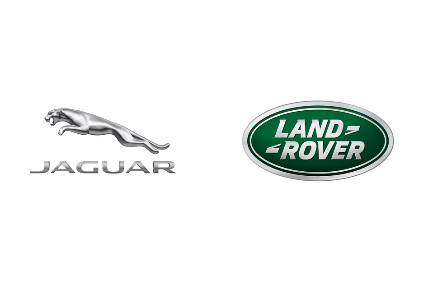
Tata-owned Jaguar Land Rover (JLR) is planning to make its Jaguar brand all-electric from 2025 as part of a bold new strategic tilt in the direction of electrification.
JLR Chief Executive Officer Thierry Bollore said the ‘reimagine’ strategy will ‘reimagine the business, the two brands and the customer experience of tomorrow’.

Discover B2B Marketing That Performs
Combine business intelligence and editorial excellence to reach engaged professionals across 36 leading media platforms.
The company said the new strategy is the start of journey to become a net zero carbon business by 2039.
As well as Jaguar becoming an all-electric brand from 2025, JLR said that in the next five years Land Rover will welcome six pure electric variants.
The company wants all Jaguar and Land Rover nameplates to be available in pure electric form by end of the decade and the first all-electric Land Rover model is planned for launch in 2024. By the end of the decade, in addition to 100% of Jaguar sales, it is anticipated that around 60% of Land Rovers sold will be equipped with zero tailpipe powertrains.
The revised model range will not include the replacement XJ. That project has now been cancelled, although Bollore hinted that the model name could be retained for future use.
No further details have been given on how the existing range of Jaguar models, such as the recently facelifted XE, XF and F-Pace, will be affected between now and 2025. JLR only offers the Jaguar I-Pace as a fully electric car.
JLR also said that clean-hydrogen fuel-cell power is being developed in preparation for future demand.
JLR will also streamline its structure to ‘deliver greater agility and promote an efficiency of focus’ with its global manufacturing and assembly footprint ‘retained, rightsized, repurposed and reorganised’, it said.
It also said collaborations and knowledge-sharing with industry leaders, in particular from within the wider Tata Group will allow the company to explore potential synergies on clean energy, connected services, data and software development leadership.
The company said it is on a path towards double-digit EBIT margin and positive cash flow, with an ambition to achieve positive cash net-of-debt by 2025.






